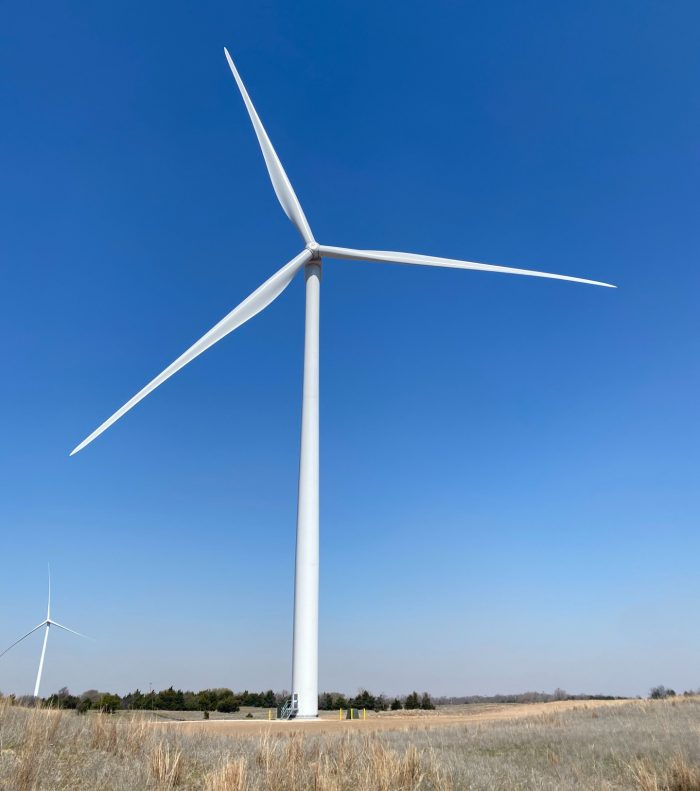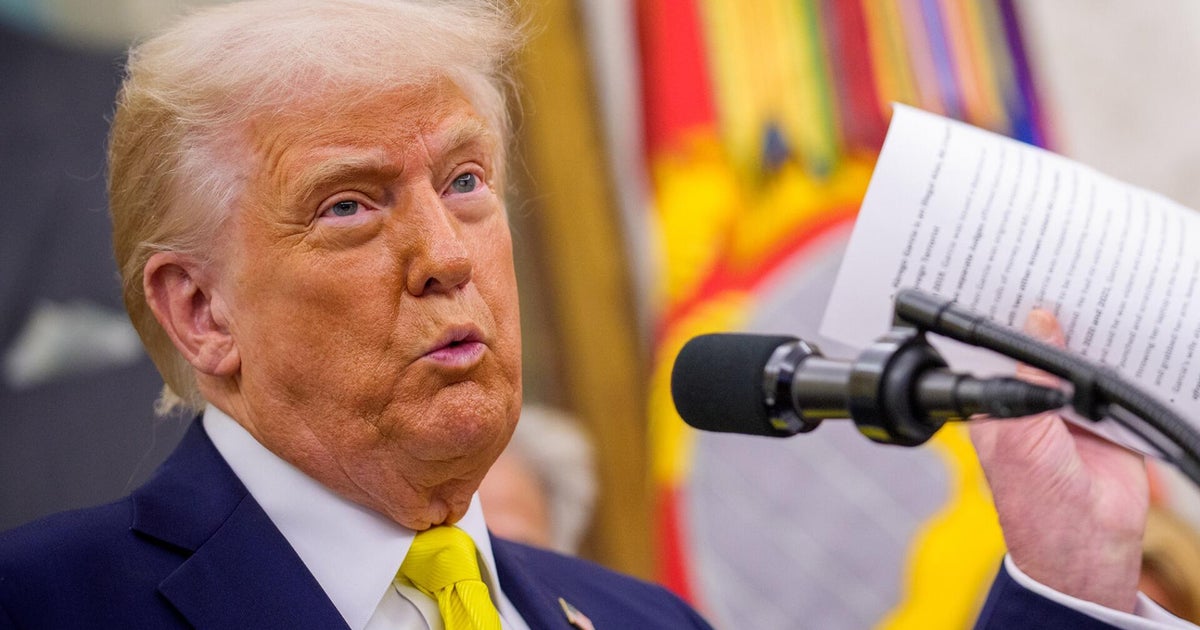Green Revolution Pivot: How Europe Could Triumph in Cleantech's US Setback
Environment
2025-04-03 12:00:00Content
.png)
Clean Tech Crossroads: Europe's Opportunity in the Shifting US Energy Landscape
As uncertainty looms over US clean technology funding, Europe stands poised to potentially attract some of the most innovative cleantech companies currently navigating a turbulent American political environment. However, significant challenges remain in creating an attractive regulatory framework.
The Changing US Energy Policy Landscape
Donald Trump's return to the political spotlight has signaled a dramatic shift in clean energy priorities. His actions—withdrawing from the Paris Agreement, freezing climate research funding, and targeting the landmark Inflation Reduction Act (IRA)—have created unprecedented uncertainty for cleantech innovators.
Jigar Shah, former head of the US Department of Energy's Loans Programs Office, notes that this instability is pushing companies to seek more reliable international partnerships. The potential result? A strategic opportunity for European nations to welcome displaced American cleantech enterprises.
Europe's Strategic Response
The European Commission has begun crafting a comprehensive response, unveiling plans to stimulate its cleantech market. Key initiatives include:
- Releasing over €100 billion for EU-based clean manufacturing
- Identifying 47 strategic projects with expedited permitting procedures
- Introducing the Savings and Investments Union to redirect private investments
Challenges and Opportunities
While the potential for attracting US cleantech companies exists, experts caution that regulatory stability remains crucial. The European framework is still evolving, and funding mechanisms require careful refinement.
Interestingly, the situation might not be as straightforward as it appears. Trump could potentially modify his stance to prevent significant job losses, and many Republican governors are already defending the economic benefits of clean energy investments.
Looking Forward
The cleantech landscape remains dynamic. Whether Europe can successfully capitalize on this moment of transition depends on its ability to offer compelling financial incentives, regulatory clarity, and a supportive ecosystem for innovative technologies.
As the global energy transformation continues, strategic adaptability will be key for both American and European stakeholders.
Clean Energy Crossroads: Europe's Potential Triumph in the Global Cleantech Arena
In the rapidly evolving landscape of global clean energy, a dramatic shift is unfolding as political uncertainties in the United States create unprecedented opportunities for European technological innovation and industrial strategy. The complex interplay of political decisions, technological ambition, and economic incentives is reshaping the international cleantech ecosystem.Navigating the Turbulent Waters of Clean Energy Transformation
Political Volatility and Technological Uncertainty
The current geopolitical climate presents a fascinating paradox in clean energy development. With the potential return of Donald Trump to the White House, the United States' commitment to green technologies hangs in a delicate balance. Trump's historical stance favoring traditional fossil fuel industries threatens to dismantle the progressive clean energy infrastructure established during the Biden administration. The Inflation Reduction Act, a landmark $369 billion investment in climate and energy initiatives, now stands at a critical crossroads. Innovative cleantech companies find themselves navigating uncertain terrain, seeking stable environments that can nurture their groundbreaking technologies and provide sustainable financial support.European Opportunity: A Strategic Industrial Renaissance
European policymakers and industry leaders recognize this moment as a potential turning point. The European Commission has strategically positioned itself to attract and support displaced or uncertain cleantech enterprises. By unveiling the Clean Industrial Deal and committing over €100 billion to made-in-EU clean manufacturing, Europe signals its serious intent to become a global cleantech hub. The strategic selection of 47 projects benefiting from expedited permitting procedures demonstrates a sophisticated approach to removing bureaucratic barriers. This proactive stance could prove decisive in attracting international clean energy innovators seeking regulatory predictability and robust financial support.Funding Dynamics and Institutional Investments
Financing remains a critical factor in the cleantech ecosystem. The recently introduced Savings and Investments Union represents a groundbreaking attempt to redirect institutional investments toward sustainable technologies. Even marginal shifts in investment allocation could generate substantial momentum for clean energy development. However, challenges persist. The funding sources, including the EU's Emissions Trading System, are inherently volatile. The requirement for member states to contribute additional funding introduces further complexity to the financial landscape.Global Competition and Strategic Positioning
The current scenario transcends a simple technological competition. It represents a complex geopolitical chess match where energy dominance, economic resilience, and environmental sustainability intersect. US policymakers, including numerous Republican governors benefiting from clean energy investments, might resist wholesale dismantling of existing green infrastructure. Cleantech companies are not passive actors but strategic entities capable of influencing policy through economic arguments. Their ability to demonstrate job creation, economic revitalization, and national competitive advantage provides a powerful counternarrative to purely ideological positions.Future Trajectories and Potential Scenarios
The potential migration of cleantech firms from the United States to Europe remains speculative. Political negotiations, economic incentives, and technological capabilities will ultimately determine the outcome. European institutions must continue refining their regulatory frameworks, streamlining approval processes, and creating an attractive ecosystem for innovative enterprises. The global clean energy transition is not a zero-sum game but a collaborative challenge requiring nuanced strategies, long-term vision, and adaptable policy frameworks. As geopolitical winds shift, the regions most adept at creating supportive environments for technological innovation will emerge as leaders in the sustainable energy revolution.RELATED NEWS

When Harmony Breaks: How Rapid Climate Shifts Could Unravel Even the Most Stable Ecosystems







